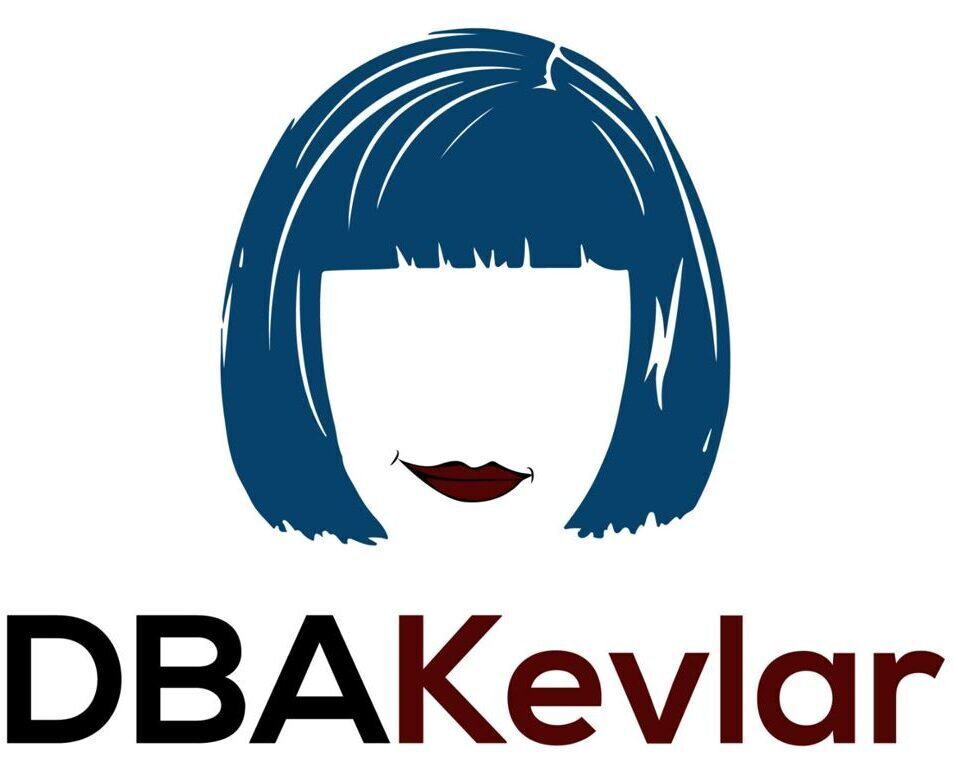I receive about 20-30 messages a week from women in the industry. I take my role in the Oracle community as a role model for women in technology quite seriously and I’ve somehow ended up speaking up a number of times, upon request from different groups.
Although its not the first time the topics come up, I was asked last week for some recommendations on Oracle’s CEO, Safra Catz and her opportunity to be on President Elect Trump’s transition team.
After putting my own bias aside and thinking through the why and what, here’s my thoughts-
We also need to discuss what is really bothering many when a woman or person of color enters into the lions den, aka a situation that is clearly not very welcoming to us due to gender, race or orientation. It can bring out feelings of betrayal, concerns that the individual is “working for the enemy.” We want to know that Safra will stand up for our rights as the under-represented. We want to know that she would tell Donald that she doesn’t condone his behavior or actions towards women, race and culture.
One of the biggest challenges I had to overcome when I started my career, was recognizing that every individual has their own path in this world. Their path may be very different than mine, but through change comes growth and to expect someone to do what may not be in their capabilities can be just as limiting as not letting them do what they do best. This wouldn’t be allowing Safra to do what she does best.
I’ve never viewed Safra as a role-model when it comes to the protection and advancement of women’s roles in technology or our world. She’s never historically represented this, any more than those expecting it from Marissa Mayer. It’s just not part of their unique paths, no matter how much the media likes to quote either of them, (especially Marissa, which consistently makes me cringe.) It doesn’t mean they aren’t capable of accomplishing great feats- just not feats in the battle for equality. It also doesn’t mean they aren’t a source of representation. The more women that are in the space, the better. That’s how we overcome some of the bias we face.
Regarding those that do support women in more ways that just representing the overall count of women in technology and politics, I’d rather put my time into Sheryl Sandberg, Grace Hopper, Meg Whitman and others who have the passion to head up equality issues. I both welcome and am thankful for the discussion surrounding writing the letter and applaud the woman who asked me about the topic- it’s a difficult one.
For those of you who are still learning about why equality is so important, here’s a few historical references of great women who’ve advanced our rights. We wouldn’t be where we are today without them.
Thank you to everyone for the great beginning to 2017 and thank you for continuing to trust me to lead so many of these initiatives. I hope I can continue to educate and help the women in our technical community prosper.




